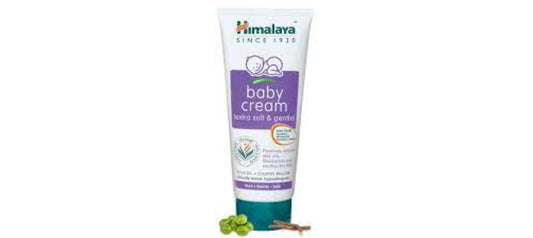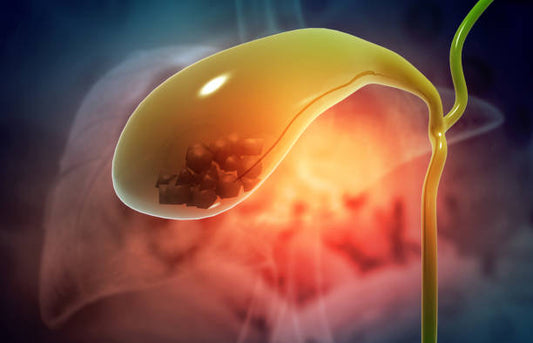Childhood obesity is a growing concern worldwide, with significant implications for a child’s health and well-being. As parents, you play a crucial role in preventing and managing obesity, helping your child build a foundation for a healthy future. Here are some practical tips to guide you in this important endeavor.

1. Encourage a Balanced Diet
A well-rounded diet is essential for your child’s health. Focus on incorporating a variety of nutritious foods into their meals:
- Fruits and Vegetables: Aim to fill half of your child's plate with fruits and vegetables. These foods are rich in vitamins, minerals, and fiber while being low in calories.
- Whole Grains: Opt for whole grains like brown rice, whole wheat bread, and oatmeal instead of refined grains. They provide sustained energy and essential nutrients.
- Lean Proteins: Include lean sources of protein such as chicken, fish, beans, and tofu. These help build and repair tissues without adding excess fat.
- Limit Sugary and Processed Foods: Reduce the intake of sugary snacks, beverages, and processed foods. These can contribute to weight gain and poor health.
2. Promote Regular Physical Activity
Physical activity is crucial for maintaining a healthy weight and overall well-being. Encourage your child to be active through various means:
- Set an Example: Be a role model by engaging in regular physical activities yourself. Your child is more likely to follow suit if they see you being active.
- Make it Fun: Find activities your child enjoys, whether it’s playing a sport, dancing, or riding a bike. The more enjoyable the activity, the more likely they will stick with it.
- Limit Screen Time: Encourage breaks from sedentary activities like watching TV or playing video games. Aim for at least one hour of physical activity each day.
3. Establish Healthy Eating Habits
Creating a positive eating environment can help your child develop healthy habits:
- Family Meals: Eat together as a family whenever possible. This not only fosters better eating habits but also strengthens family bonds.
- Portion Control: Teach your child about appropriate portion sizes to avoid overeating. Use smaller plates and bowls to help manage portion sizes.
- Mindful Eating: Encourage your child to eat slowly and pay attention to hunger and fullness cues. Avoid using food as a reward or comfort.
4. Support Emotional Well-Being
Emotional health plays a significant role in managing weight. Address any emotional issues that may contribute to overeating or unhealthy eating habits:
- Open Communication: Talk to your child about their feelings and any stress they may be experiencing. Support them in finding healthy ways to cope with emotions.
- Encourage Positive Body Image: Promote a healthy body image by focusing on health rather than appearance. Celebrate your child’s strengths and achievements, and avoid negative comments about weight or body shape.
5. Educate and Involve Your Child
Involving your child in their health journey can empower them to make better choices:
- Teach Nutrition: Educate your child about the benefits of healthy eating and how different foods impact their body. Involve them in meal planning and preparation to increase their interest in healthy foods.
- Set Goals Together: Work with your child to set achievable health goals, such as trying a new vegetable or participating in a new activity. Celebrate their successes to keep them motivated.
6. Consult Healthcare Professionals
If you're concerned about your child's weight or eating habits, seek guidance from healthcare professionals:
- Pediatrician: Consult your child's pediatrician to discuss any concerns about weight and to receive personalized advice and support.
- Registered Dietitian: A registered dietitian can provide tailored nutrition advice and help create a balanced meal plan for your child.
Conclusion
Preventing and managing childhood obesity requires a multifaceted approach that involves healthy eating, regular physical activity, emotional support, and education. By implementing these tips and fostering a supportive environment, you can help your child achieve and maintain a healthy weight, setting them on a path to a healthier future.
Remember, the goal is not just about weight but about overall health and well-being. Encouraging positive habits now will benefit your child for years to come.












